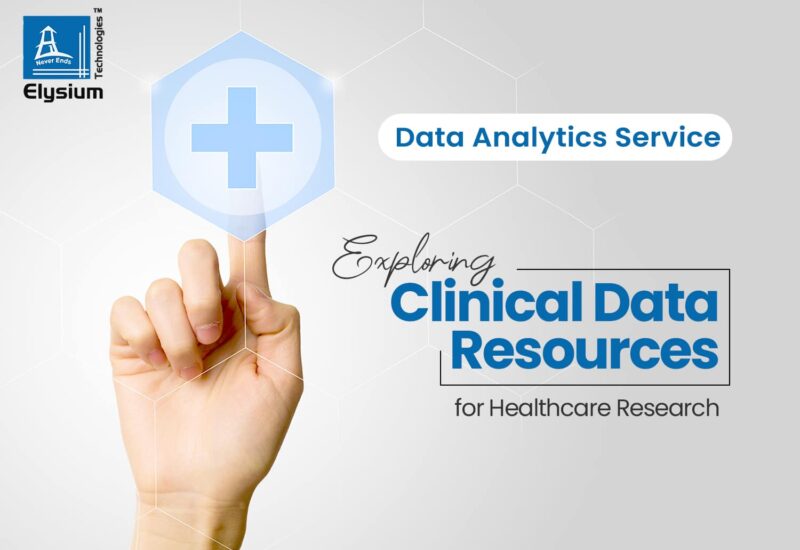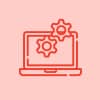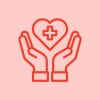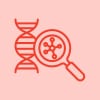Healthcare Data Analytics – Exploring Clinical Data Resources for Healthcare Research
The healthcare data analytics is one of the biggest data producers. In fact, the average healthcare organization has nearly 9 petabytes of healthcare data. The rise of electronic health records (EHRs), digital medical imaging, and wearables are contributing to this data explosion. For example, a large provider can catalog millions of medical tests, clinical interactions, and prescribed treatments in its EHR system. And the potential to learn from this demographic data is enormous. By creating analytical dashboards and machine learning models based on these datasets, healthcare organizations can improve patient experiences and healthcare outcomes.
What is Healthcare Data Analytics?
To discuss medical data analytics and its role in the healthcare field, we must first understand the collected and analyzed data. Data is collected through processes and operations on the healthcare business side, but vast amounts of healthcare data are also collected, stored, and analyzed.
Health data relates to the health of an individual patient or population as a whole. This information is collected from various Health Information Systems (HIS) and other technological tools used by healthcare professionals, insurance companies, and government agencies. Not only do we get a holistic view of individual patients, we can also identify trends related to location, socioeconomic status, race, and predisposition. In addition, collected information can be categorized into specific datasets and analyzed.
The Importance of Healthcare Data Analytics Service
You can collect all the data you need, but it’s only useful if you know what to do with that information. It would be most useful if you had a centralized and systematic way to collect, store and examine data so that it can be put to promising use.
Data collection in the medical field has become more efficient in recent years. Not only does data help improve routines and improve patient care, but it can also be used for predictive modeling. Instead of looking at historical or current information, both datasets can be utilized to track trends and create predictions. You can now take preventative measures and track your results.
Paid medical services are a thing of the past. The growing demand for patient-centered or value-based healthcare has witnessed a noticeable shift toward predictive and preventive public health interventions in recent years. Data makes it possible.
Rather than simply treating symptoms when they appear, doctors identify people at high risk of developing chronic conditions and help them treat them before they cause problems. This helps save costs for doctors, insurers, and patients, as preventive care can avoid long-term problems and expensive hospital stays.
If hospitalization is required, data analysis can help doctors predict the risk of infection, exacerbation, and readmission. Again, this helps reduce costs and improve patient care outcomes. In addition, the data collected will be analyzed in real-time to understand the virus’s impact better and predict future trends to slow and prevent future spread.
Types of Health Care Data Analytics
Descriptive analytics involves examining past data in order to identify patterns or make comparisons. It is particularly useful for answering questions about events that have already taken place, and can provide valuable insights into historical trends.
Predictive Analytics
Predictive analytics employs current and past data to make predictions. Models created with this type of analysis are ideal for answering questions about what happens next. Predictive analytics give you insight into the future.
Prescriptive Analytics
The prescriptive healthcare data analytics also makes predictions about future outcomes. Machine learning is a key element in this kind of analysis. The information provided will help determine the best course of action. Prescriptive analytics give you insight into what actions must be taken to achieve the best possible results.
How Health Care Data Analytics Leads to data management
Proper use of health data management leads to better care. A centralized dataset gives you instant access to the information you need, when and where you need it. Adding big data analytics increases efficiency in all aspects. Better data leads to better care.
Predictive Modeling
Forecasting future outcomes through the analysis of current and recorded data is known as predictive modeling. This involves the use of data mining, machine learning, and statistics to identify patterns and make predictions. Predictive healthcare data analytics models developed using health data collected at both macro and micro levels can offer effective solutions.
Predictive healthcare data analytics can be used to warn healthcare workers of potential risks. Behavioral data can be analyzed to predict treatment outcomes, potential chronic disease risks, and self-harm risks. Collected health data can be used to assess individual patient-level risk, predict and prevent readmissions, predict infection and exacerbation, and more.
Predictive modeling can also be used at larger scales. Population health management is only possible with these models. You can predict occurrences and outcomes, and knowing what will happen allows you to take preventative measures. Predictive models can also be used in management applications to improve everyone’s efficiency and reduce costs.
Reductions in Healthcare Costs
Medical costs are high. And those costs continue to rise across the board. However, we are seeing a shift from pay-for-performance models to value-based care.
Through predictive and prescribing healthcare data analytics, providers and physicians get detailed models to reduce costs and patient risk. In addition to the aforementioned patient-centric benefits, medical data analytics can reduce no-appointment cancellations, control costs in the supply chain, prevent device failures and reduce fraud.
Where Will A Healthcare Data Analytics Service Be Employed?
Many industries and organizations use health data and need help from healthcare data analytics. These include:
- Hospitals, private or public
- Government healthcare departments
- Diagnostic centers
- Health insurance companies
- Healthcare consulting companies
- Large medical practices
- Health IT vendors
Start Your Healthcare Data Analytics Project Now!
The Elysium Technologies team implements or implements healthcare data analytics solutions to help improve disease prevention and control, optimize healthcare supply chains and human capital management, improve patient safety, reduce medical errors, and more. Ready to accelerate.















